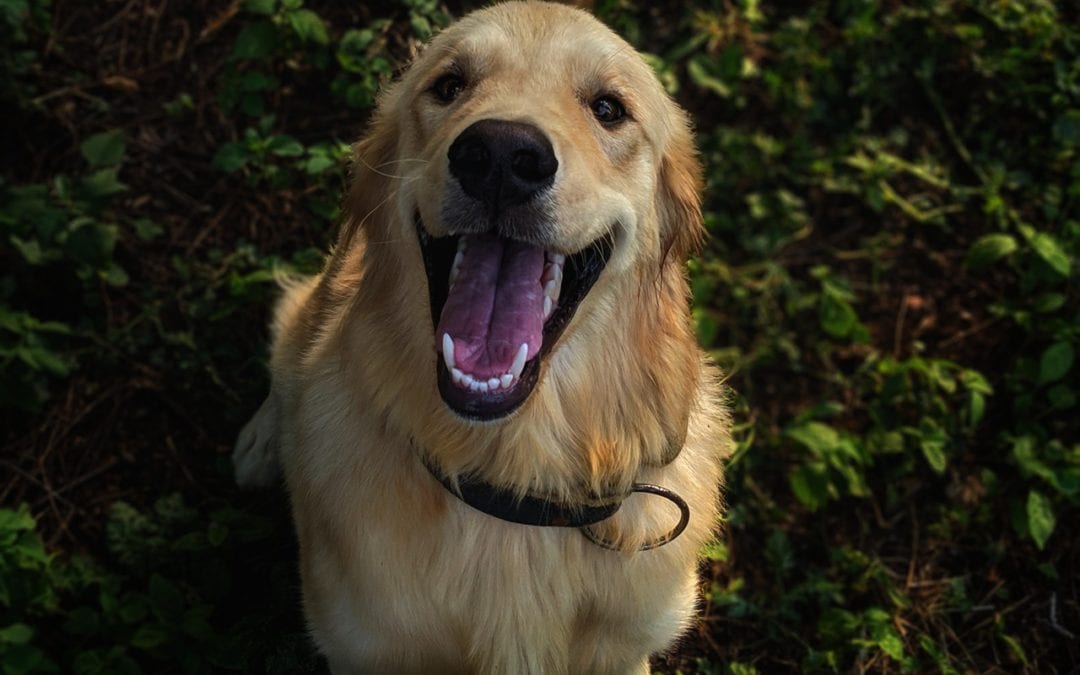As the saying goes, an apple a day keeps the dentist away. As much as that isn’t true, it also isn’t true for four-legged friends. Dental health is extremely important to our pet’s overall health, as unkempt teeth can lead to periodontal diseases as early as the age of three. If left untreated, it could lead to even more difficult complications down the road.
Why your pet needs regular dental cleanings
Poor oral hygiene can lead to gingivitis, periodontal disease, tooth loss, bone loss, oral pain, abscesses and infections, excessive drooling, and difficulty eating. Additionally, because bacteria in the mouth can be absorbed into the bloodstream, other organs, like the heart, kidneys, and liver, can suffer as a result of poor oral hygiene.
Periodontal disease progresses quickly and begins when bacteria combines with food particles to form plaque on the teeth. Soon, minerals in the saliva bond with the plaque to form tartar, a substance that strongly adheres to the teeth. When bacteria get under the gum line, inflammation occurs and leads to gingivitis, which destroys the tissues surrounding the teeth and causes eventual tooth loss.
Since many pet owners struggle to brush their pet’s teeth regularly and bacteria accumulates under the gum line, regular dental cleanings conducted by the veterinary health care team are important.
Anesthesia and your pet’s dental cleaning
Most pets do not tolerate anyone poking around in their mouth. Because of this, a dental cleaning can only be performed while a pet is under general anesthesia. This enables us to conduct a thorough oral examination; perform dental X-rays; remove the tartar, plaque, and bacteria from under the gum line; and extract diseased or broken teeth while taking measures to control pain.
If your furry friend is due for a dental check-up or cleaning, don’t keep them waiting! Schedule an appointment with our office and give your pet the gift of great dental health today.

